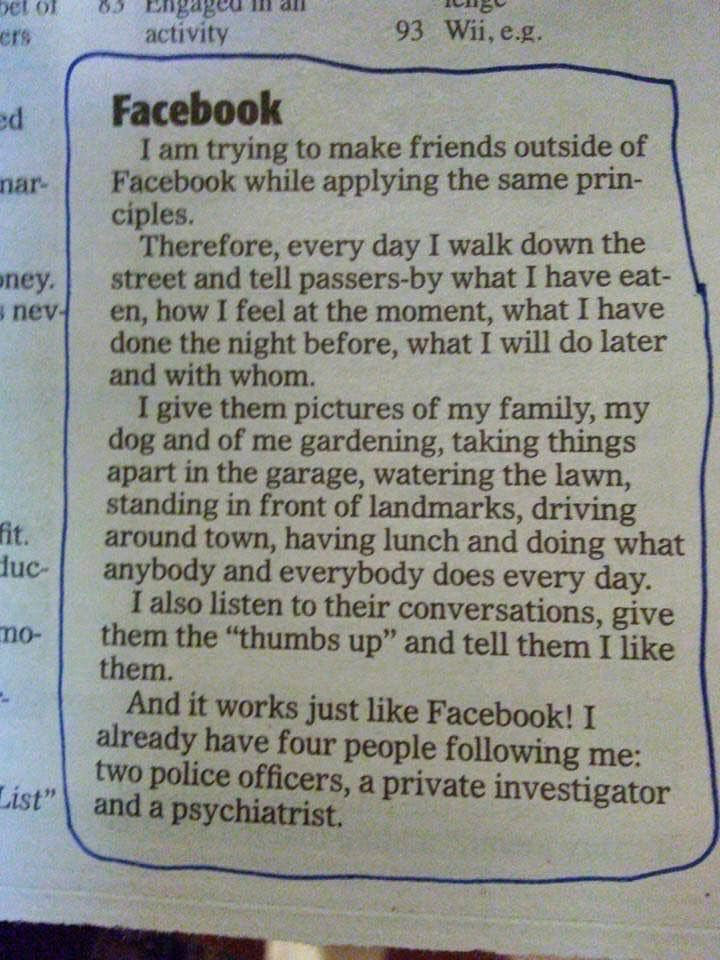Bruce Brander, riffing on the assessment of the great Henry Adams:
“…the miracles of modern technology were only mistaken for progress. They amounted to humanity’s drawing unprecedented sums of energy from sources outside itself, which testified to rapid exhaustion of people’s inner energies and personal resources and their growing dependence upon nature’s reserves to sustain and enhance their lives. Technology merely masked decline, then served to speed it along.” (emphasis mine)
Brander’s book which has not nearly received the attention it deserves, is here:



